In January of 2024, Peregrine 1, the first commercial lunar lander, took off from Earth to land on the moon. Alongside scientific instruments, the lander held various human remains. Peregrine 1 intended to create a space burial for these cremated ashes.
Upon this becoming news, many religious groups became outraged over the idea of human remains being buried on the moon. These religious groups have varying opinions on why burying human ashes on the moon is controversial.
Peregrine 1
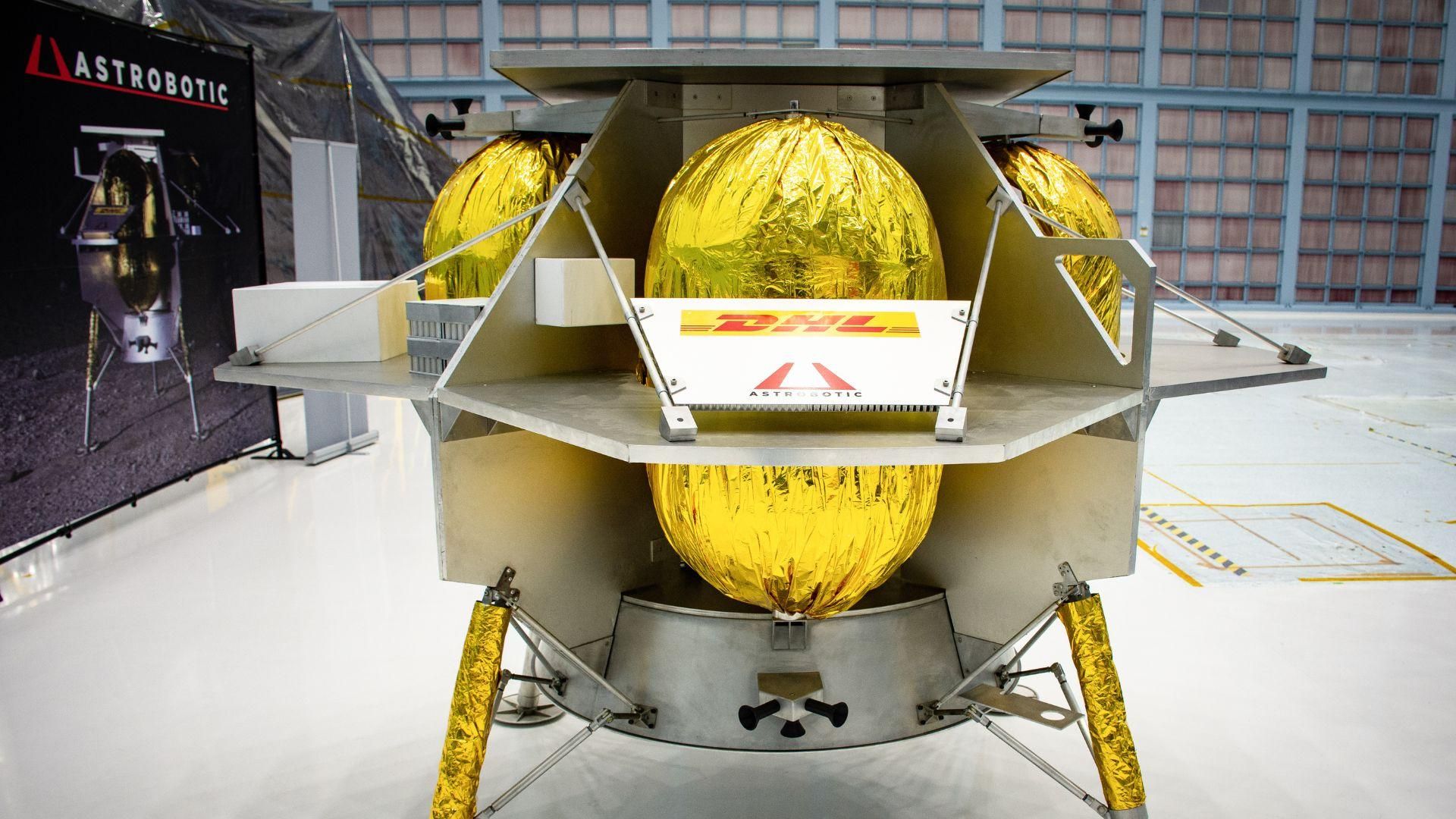
Peregrine 1 made history earlier this year, as it became the first commercial lunar lander. People were able to put part or all of their loved one’s ashes on the lander, thanks to the company Celestis, which paid for the capsules holding the remains.
These families had to pay over $12,000 to get a spot on the lander for their loved ones. About 70 separate ashes were on board Peregrine 1 when it shot up into space, heading for the moon.
Quick Outrage
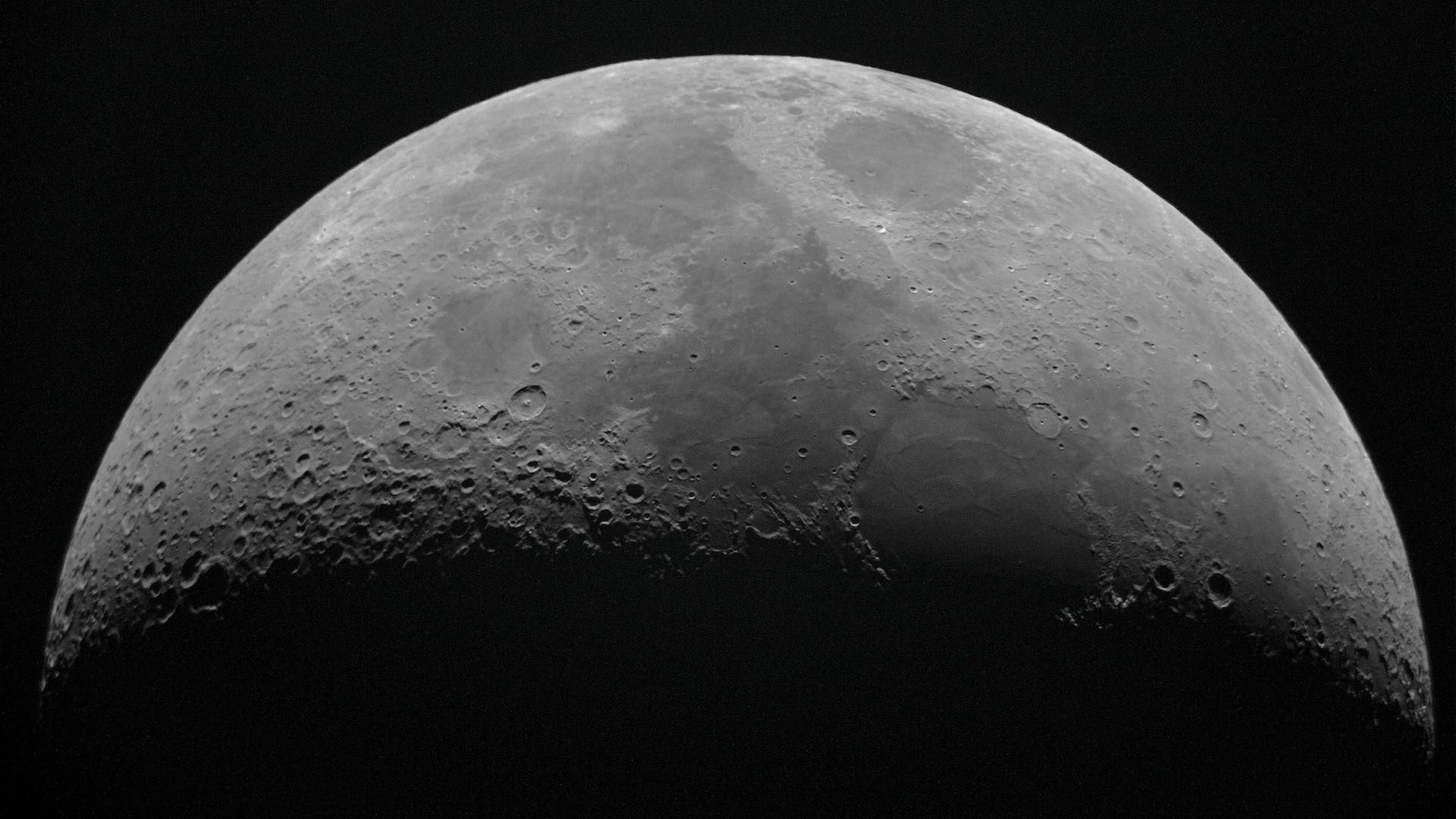
Once it became public that human remains were onboard Peregrine 1 — and that these ashes would be given a space burial on the moon — many religious organizations and cultures publicly disagreed with the idea.
The Navajo Nation was just one critic. Buu Nygren, the president of the Navajo Nation, stated that “the moon holds a sacred place” for many tribes. Nygren explained that the moon shouldn’t be polluted like this.
The Moon in Religion
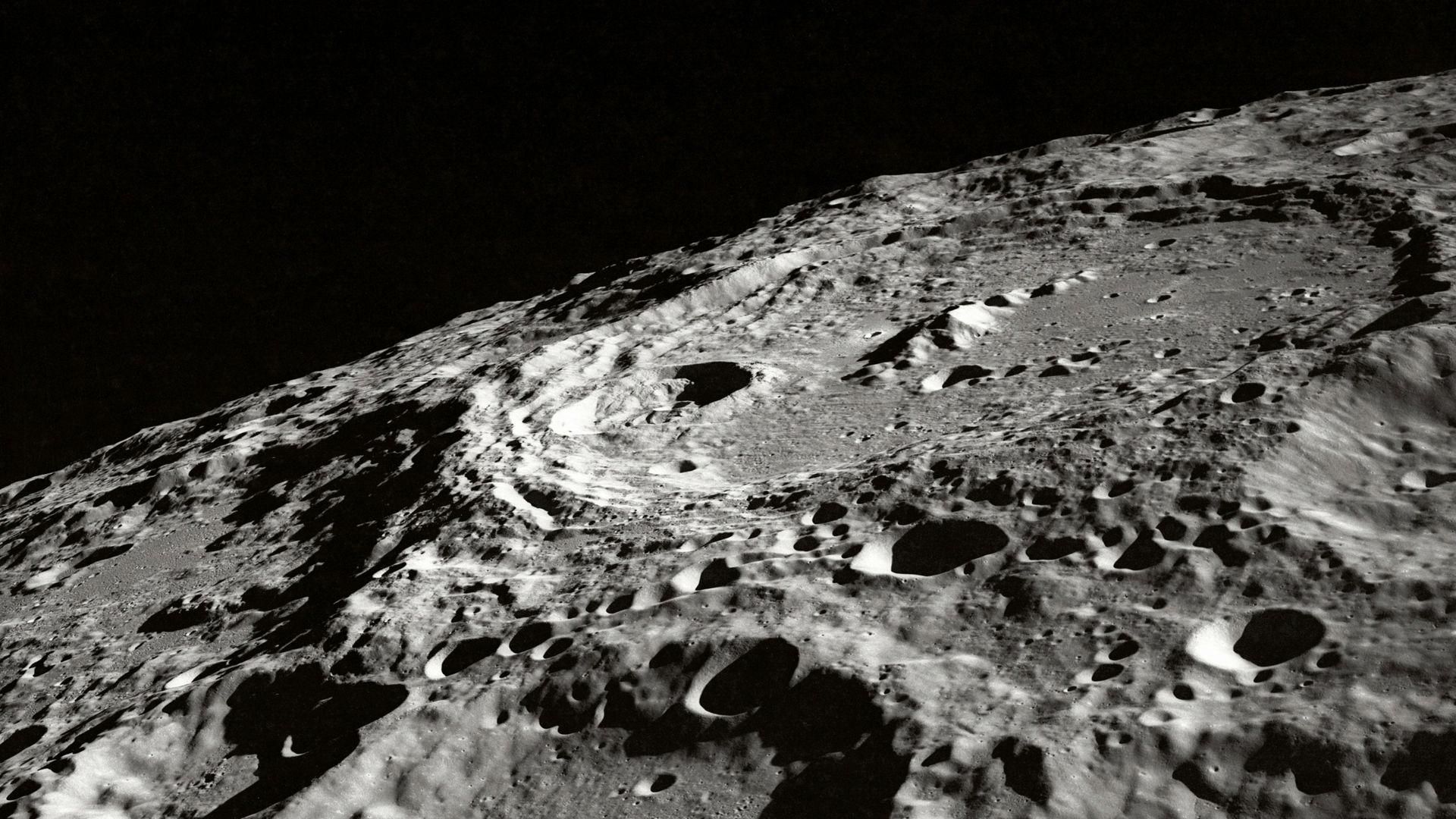
Various cultures and traditions hold the moon in high regard. Around the world, our human ancestors admired — and sometimes worshiped — the moon.
When the religions we know today, such as Judaism and Christianity, came around and began to convert many pagan peoples, this worship of the moon was stopped. However, other religions still hold the moon in high regard.
Funerary Rituals
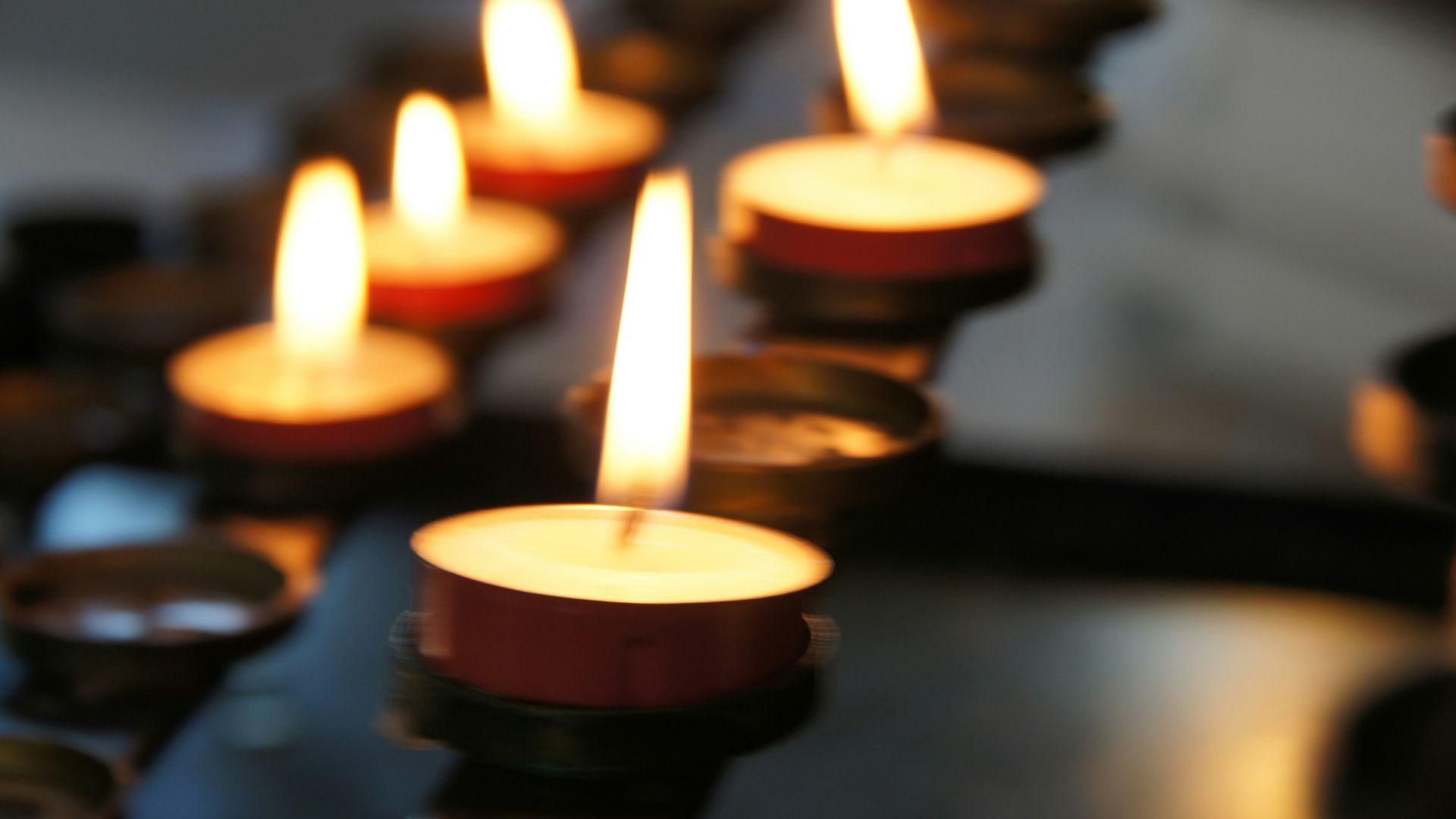
Therefore, some religious groups grew dismayed when learning about Peregrine 1’s human ashes. However, even religions and cultures that don’t worship the moon don’t agree with human remains being buried in space.
This is because many religions have very strict funerary rituals and ideas about what to do with one’s body upon death.
Hinduism and the Moon
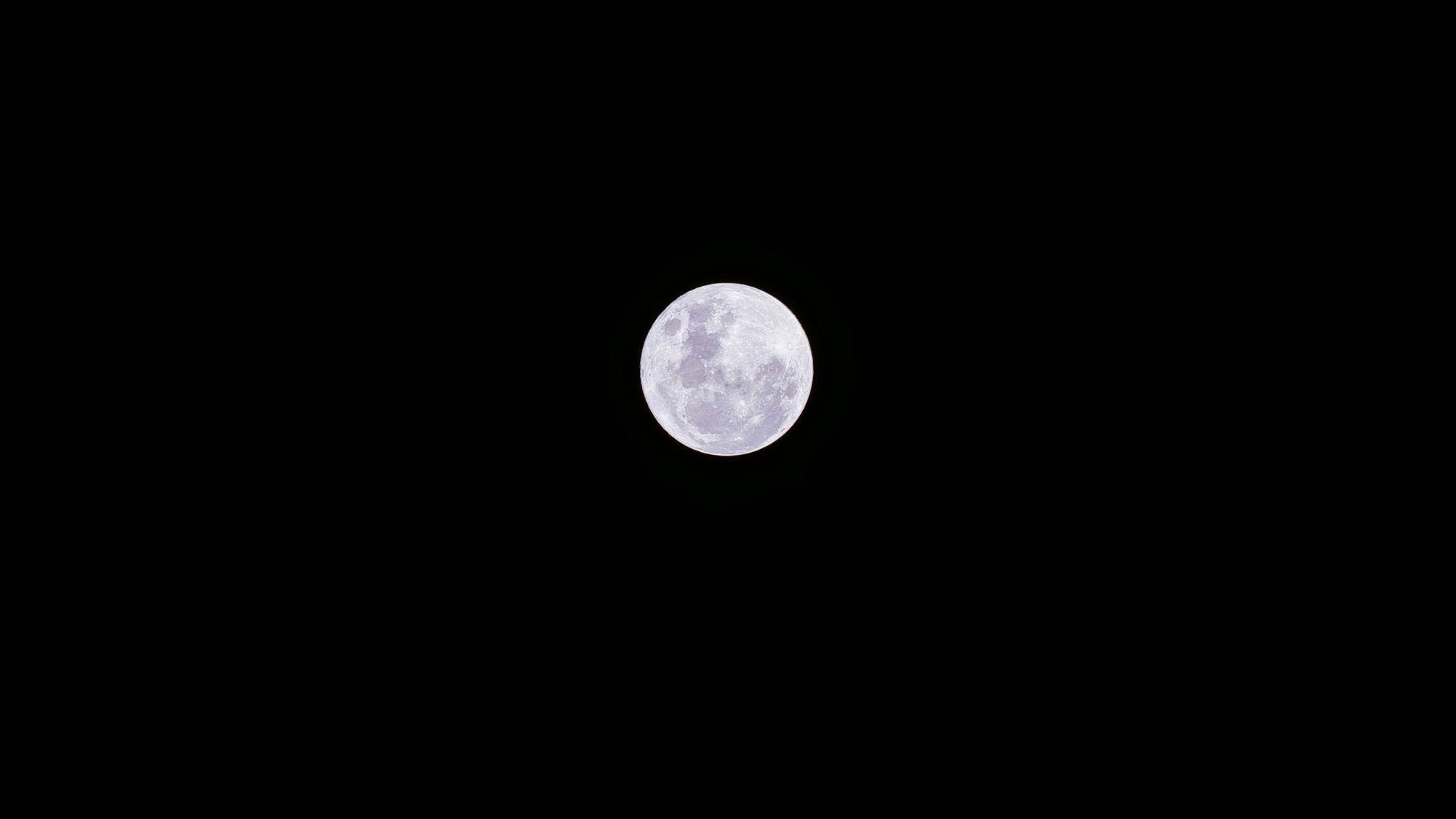
Hinduism is considered the oldest religion in the world that is still practiced today. For thousands of years, Hindus have considered the moon an important factor in their belief system.
In ancient Hindu texts, virtuous humans who die have their spirits enter Chandraloka. Chandraloka is often considered the realm of the moon. During this time, these righteous spirits experience pure happiness before they are eventually reincarnated.
Hinduism and Human Remains
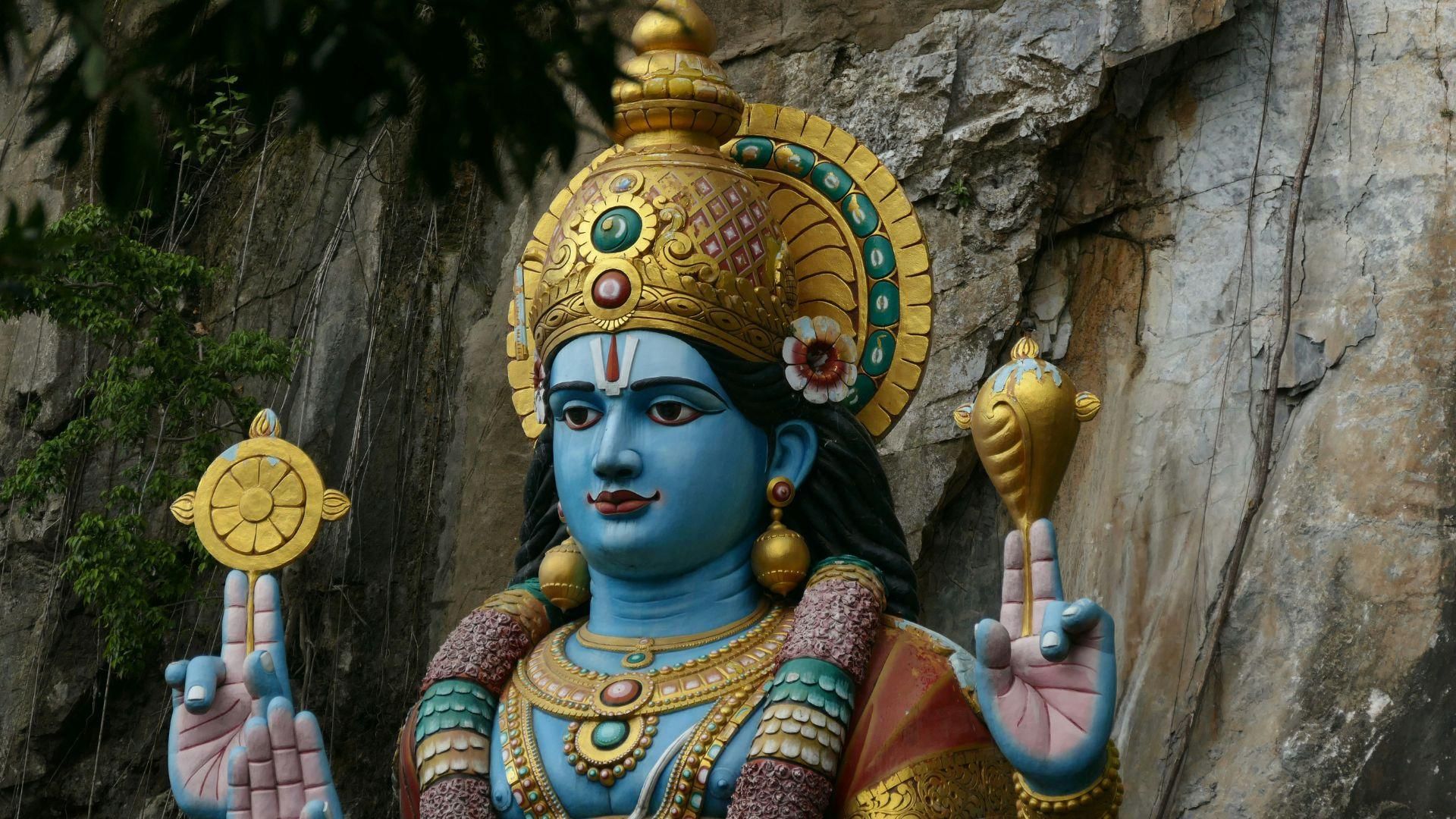
Hindus also have very strict funerary rituals about what to do with one’s remains. After one’s death, Hindus believe that ritual pollution occurs, which results in the deceased being cremated within 24 hours of their death to limit this pollution.
Once the body is cremated, then one’s soul has officially cut ties with the body. This ultimately prepares the soul to be reincarnated once again. The ashes of a cremated human are put into an urn and then put into water.
How Buddhists View the Moon
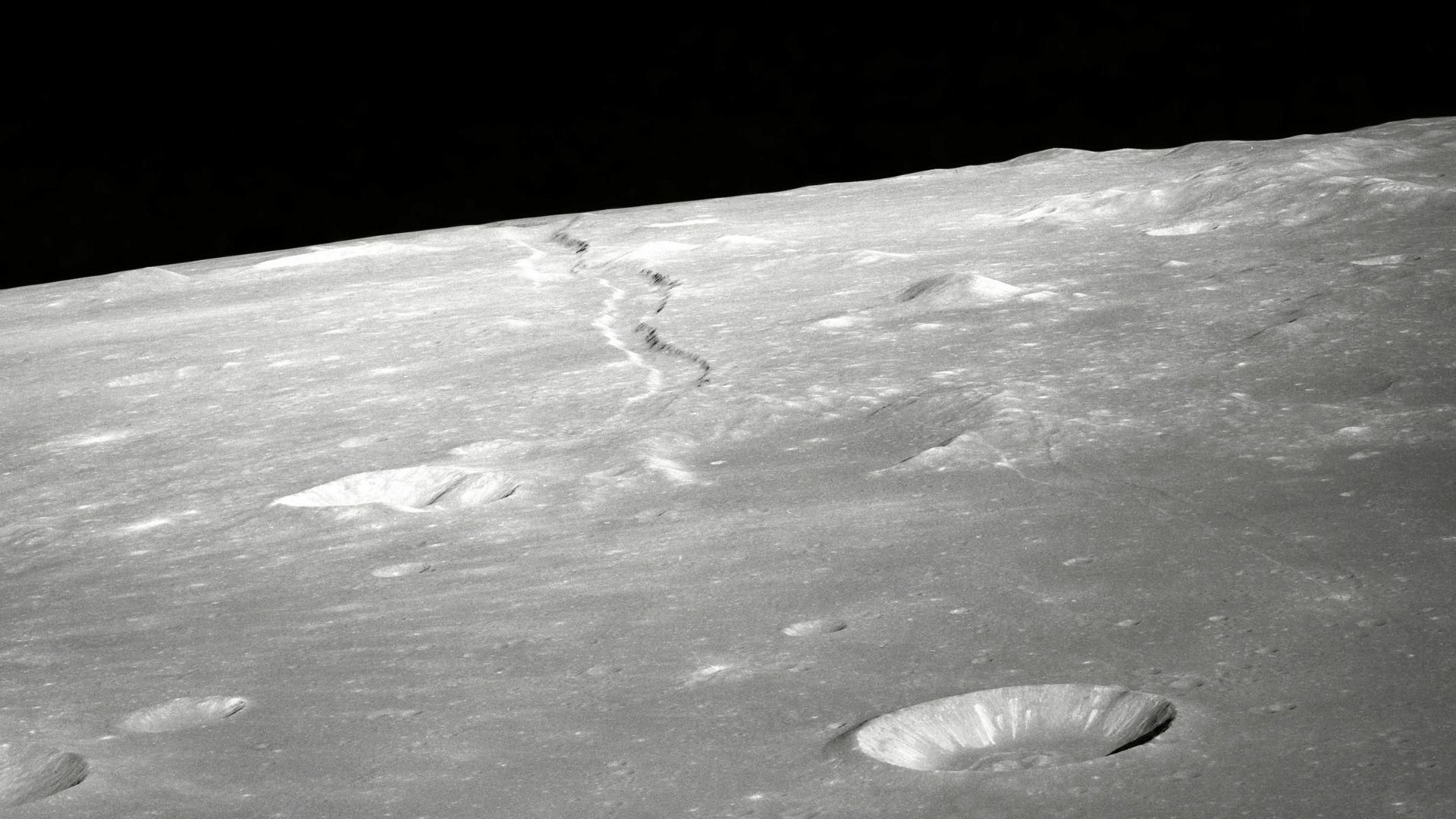
There are different forms of Buddhism, just as there are different forms of Hinduism. Therefore, different beliefs do arise in each religion. However, the moon has historically played an important part in Buddhists’ lives.
Those who practice older forms of Buddhism believe the moon is often identified with Chandra, a god who rides a chariot. To many Buddhists, the moon also offers insight into their future.
Buddhists and Cremation
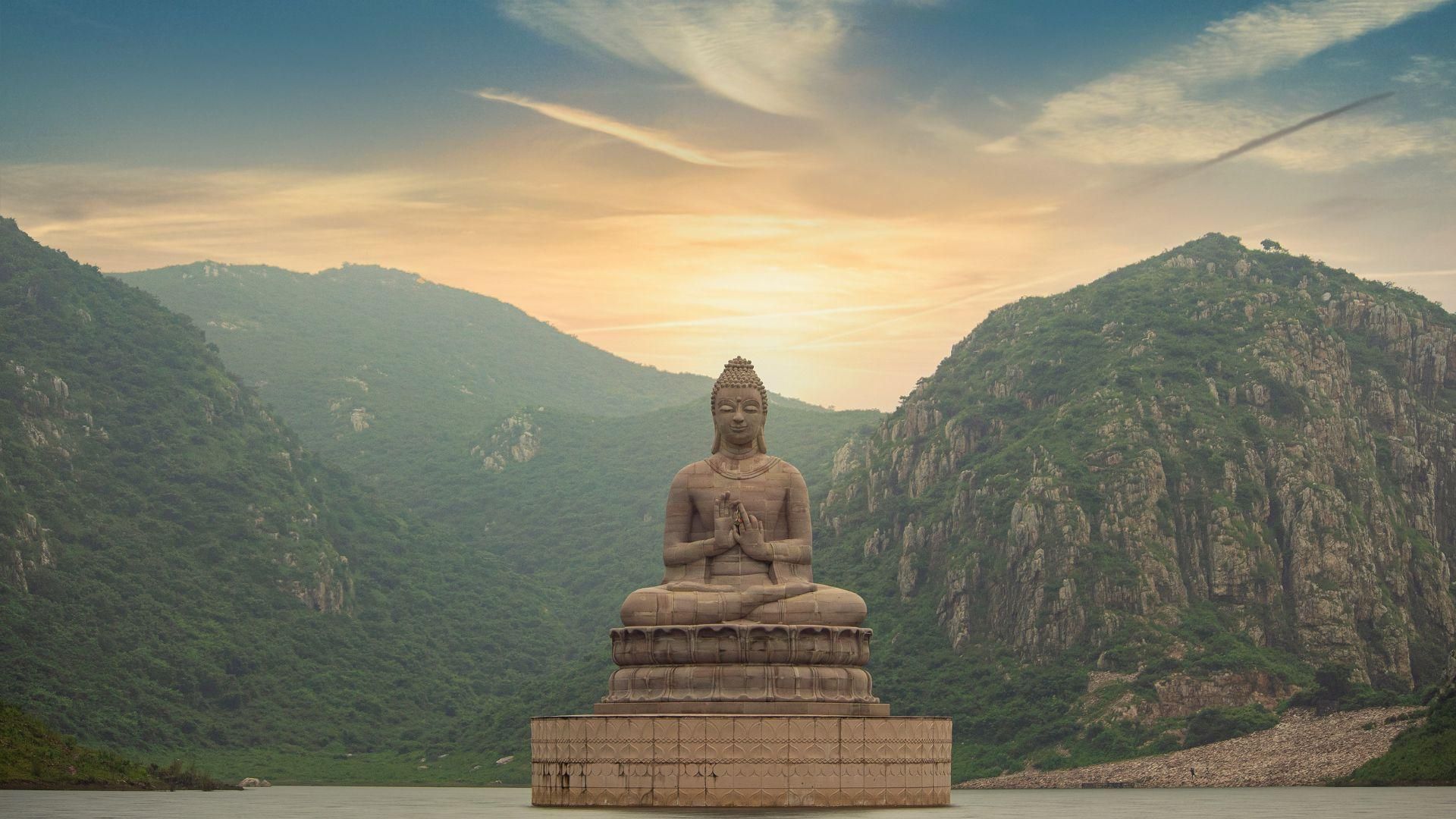
While different sects of Buddhism have different funerary rituals, most Buddhists believe in cremation. Therefore, they may not have had an issue with cremated human remains on Peregrine 1.
However, many Buddhists also believe — as Hindus do — that after death, the body is in a polluted period. Therefore, the body must be dealt with accordingly. Cremation and funerary rituals must quickly occur after death.
Jewish, Christian, and Islamic Beliefs About the Moon
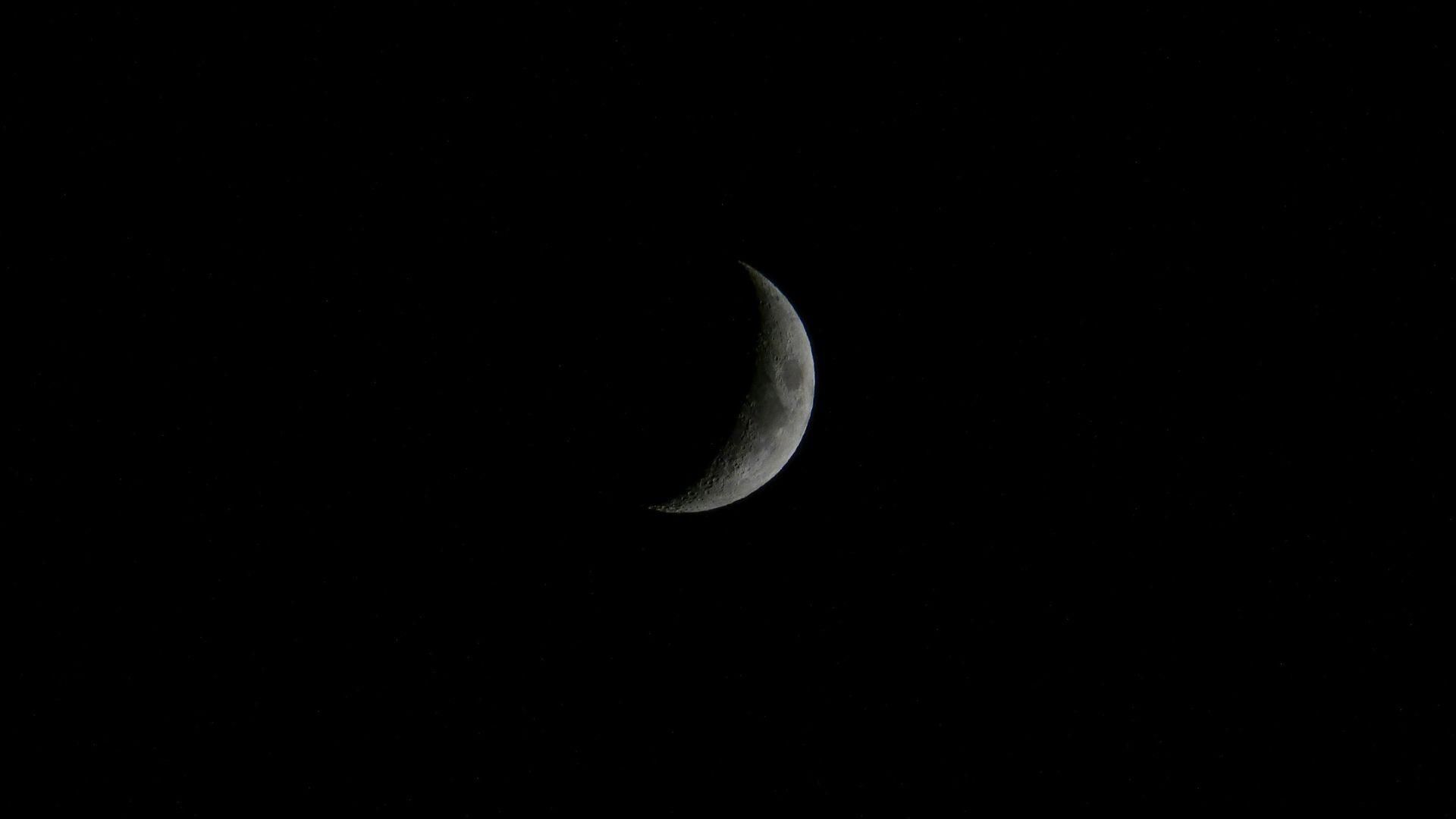
Jewish, Christian, and Islamic believers do not worship the moon. Christianity and Islam scriptures and teachings specifically state that their believers cannot worship the moon as the pagans did before them. However, some mystic Jewish teachings view the moon more positively.
The moon does not hold a favored spot in these religions as they do in Hinduism and Buddhism. These three religions steer away from moon worshipping because, as monotheistic religions, they only believe in revering one god.
Monotheistic Funeral Traditions
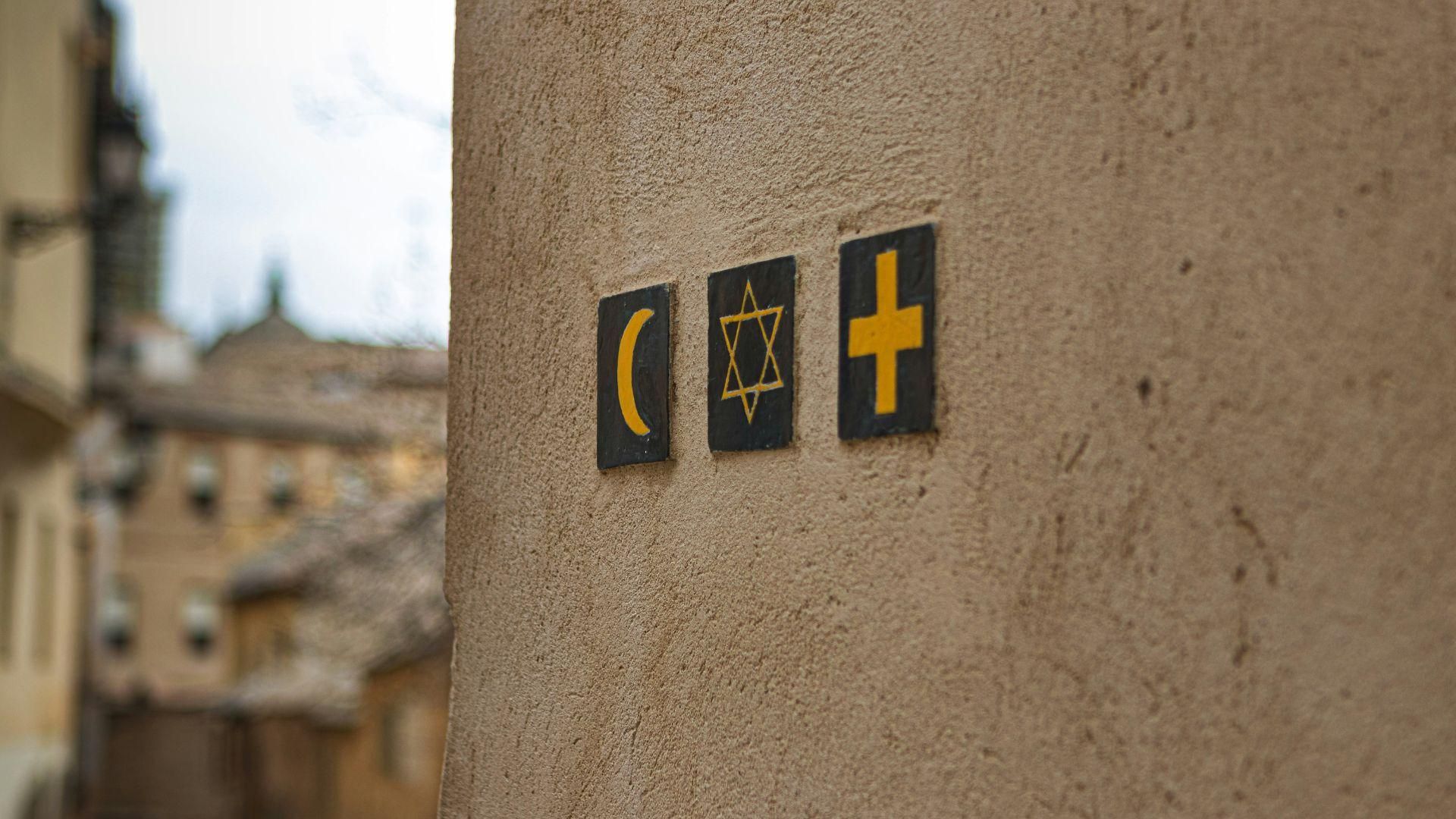
Funeral rituals between these three monotheistic religions can differ. While ancient Jewish followers believed in a pollution period of one’s corpse after death — much as Hindus and Buddhists do — they did not believe in cremation. They only buried their loved ones.
Christians also historically only buried their dead. Muslims cleanse the body and bury it after death. However, while cremation is still strictly prohibited for Muslims today, many Jewish and Christian believers have come around to the idea of cremation.
Different Religions, Death, and the Moon
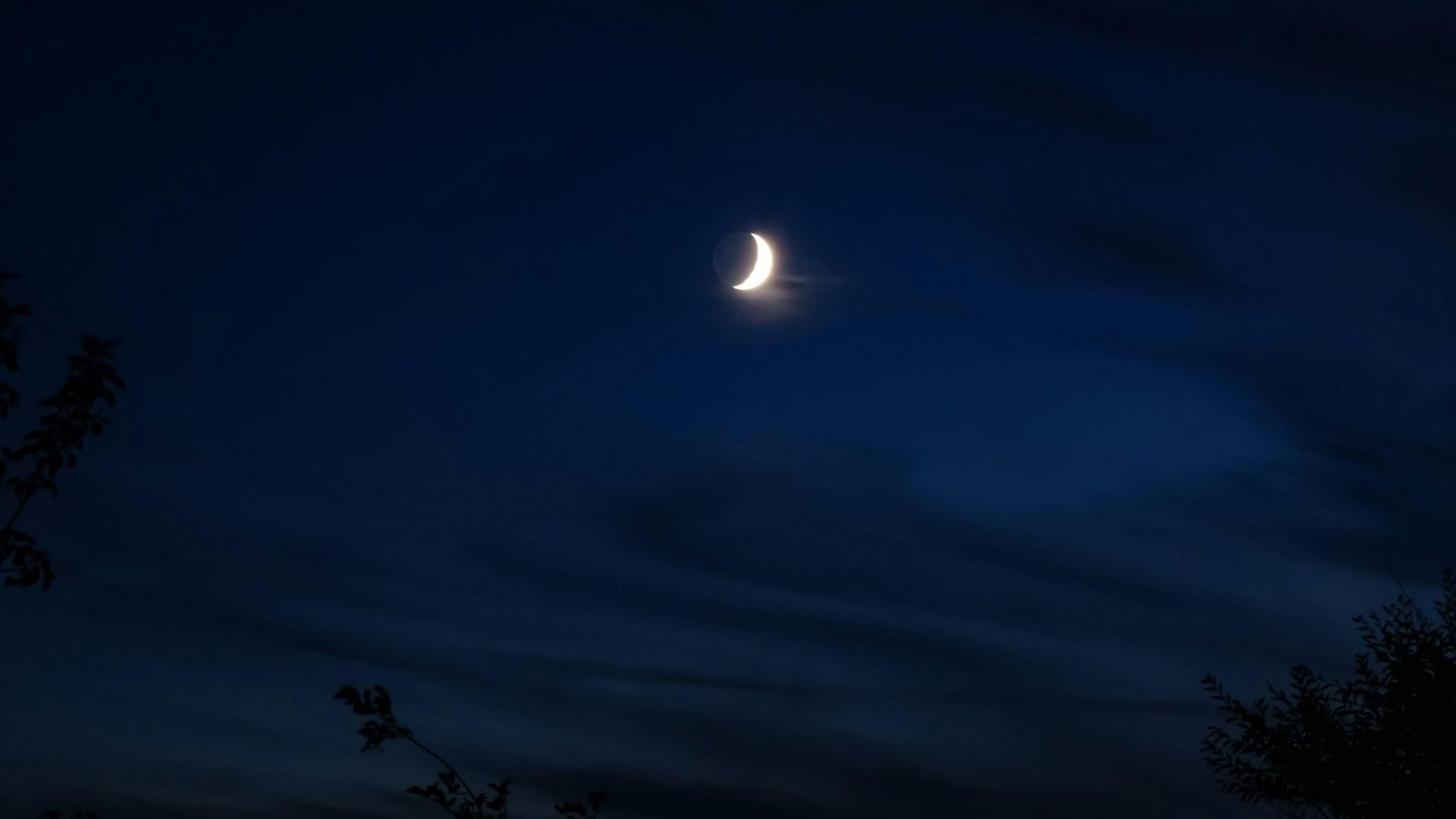
Clearly, various religions and cultures have different thoughts on the moon and death. Some strictly disagree with the idea of cremation, while others only cremate their dead. Sometimes, the moon is revered, while others refuse to do this.
As religions and cultures vary, the topic of whether human remains should be buried on the moon will likely remain a controversial conversation. Peregrine 1 never got to bury its 70 remains on the moon, thanks to an engine malfunction — though other companies may try to do this in the near future.
